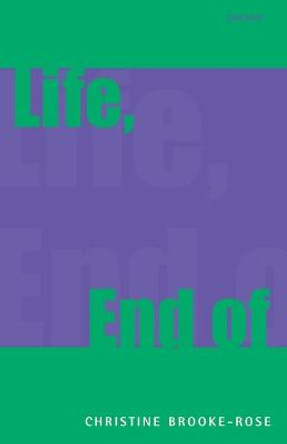Description
This book examines the dialectic between fictional death as depicted in the media and real death as it is experienced in a hospital setting.
Using a Terror Management theoretical lens, Davis and Crane explore the intersections of life and death, experience and fiction, to understand the relationship between them. The authors use complementary perspectives to examine what it means when we speak and think of death as it is conceived in cultural media and as it is constructed by and circulates between patients, health professionals, and supportive family members and friends.
Layering analysis with evocative narrative and an intimate tone, with characters, plot, and action that reflect the voices and experiences of all project participants, including the authors' own, Davis and Crane reflect on what it means to pass away. Their medical humanities approach bridges health communication, cultural studies, and the arts to inform medical ethics and care.
About the Author
Christine S. Davis is a Professor in the Communication Studies Department at the University of North Carolina at Charlotte. Her research interests are in the intersection of family, culture, and health communication. Dr. Davis publishes regularly on topics such as children's health, end of life communication, family disability, and qualitative research methods.
Jonathan L. Crane is an Associate Professor in the Department of Communication Studies at UNC-Charlotte. He was written widely on genre and horror films and is the author of Terror and Everyday Life: Singular Moments in the History of the Horror Film (1994).
Book Information
ISBN 9781138231726
Author Christine S. Davis
Format Paperback
Page Count 224
Imprint Routledge
Publisher Taylor & Francis Ltd
Weight(grams) 340g









